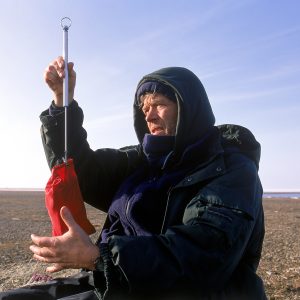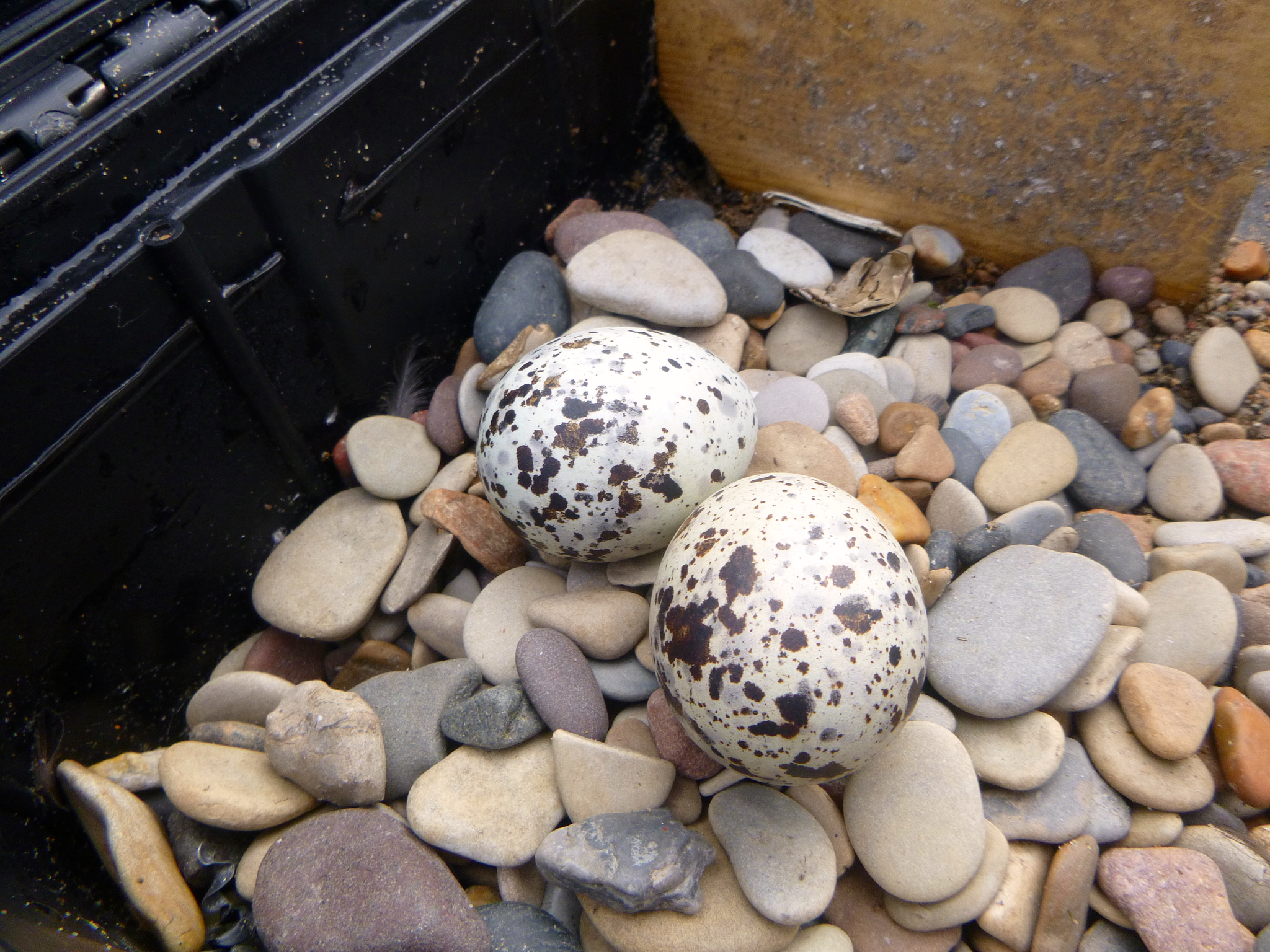The Arctic is warming twice as fast as the rest of the world. For the past 42 years I have had a front row seat on Cooper Island off northern Alaska studying the Black Guillemot, a high Arctic seabird that is responding to the earlier snow melt and diminishing summer sea ice cover. Early melting...
Author: George Divoky (George Divoky)
Annual Seattle Update March 14 2017 Town Hall Seattle
Extraordinary Arctic Climate Change in the New Abnormal Tuesday March 14th, Town Hall Seattle The pace of Arctic warming accelerated in 2016 causing an unprecedented melt of snow and sea ice during the globe’s warmest year on record – see links below. Now 2017 has started with the disconcerting news that the federal government is...
Cooper Island Video part of NOAA’s “Ocean Today: Every Full Moon” Outreach
The National Oceanic and Atmospheric Administration interviewed George via Skype and put together a concise educational video on the Cooper Island Black Guillemot research and the record warmth of 2016 as part of their Ocean Today Every Full Moon series, a resource for educators. The Cooper Island video is at this link :
If it’s Polar, Go Solar
Most Alaskans and others who live in bear country are familiar with the adage that provides species-specific advice on how one should react in a close encounter with a bear in the wild. “If it’s black, fight back. If it’s brown, get down.” The rhyme is premised on black bears being small enough (and, relatively,...
Trying to stay optimistic in a seabird colony that is half full – when it is really half empty
The standard and far-too-simplistic “test” of whether someone is an optimist or a pessimist is to ask if they consider half a glass of water to be half full or half empty. The major flaw in the test is that it implies a steady state situation. If the glass is being filled with water, one...
The Earliest Year
During the 1970s, in my first years in Arctic Alaska, people would talk about it being a “late year” or “early year” when discussing the timing of snowmelt, arrival of birds, flowering of plants, or the melting of sea ice. It was generally assumed one would rarely or ever see an “average year” but that over time annual...
Earliest breeding season in 42 years
The record setting snowmelt in Barrow this spring has resulted in the earliest breeding season for the Black Guillemots on Cooper Island in the 42 years the colony has been studied. Median date of egg laying (when 50 percent of the nests have eggs) was June 16th. Three days earlier than the previous record – set in 2015. Early...
Guillemot Early Breeding Season and New Cooper Island Publications
Fieldwork at the Black Guillemot colony on Cooper Island began in early June, where I began the fifth decade of research on a remote island in a rapidly changing Arctic. Just how rapidly that change is occurring was obvious on the first day in the field, June 11, 2015, when I discovered that egg...

